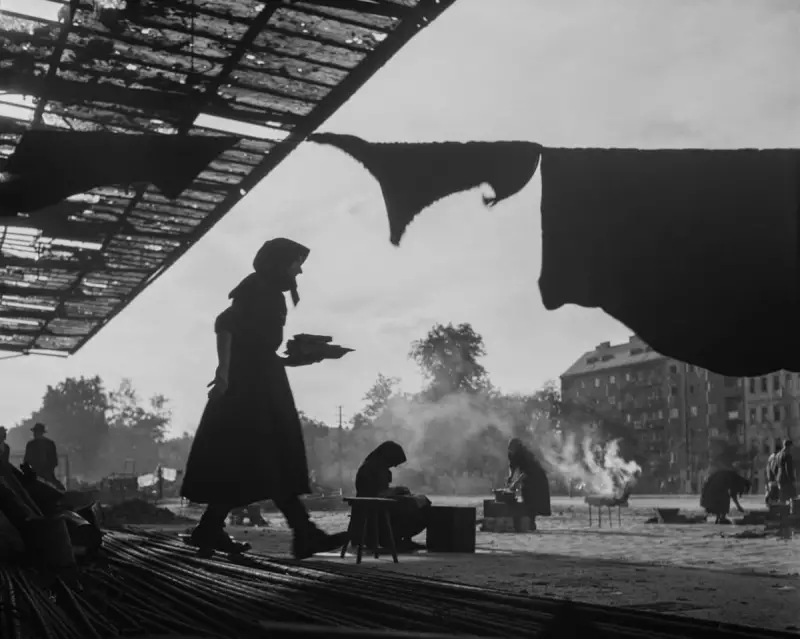
In her compelling new novel The Matchbox Girl, Alice Jolly presents readers with a unique perspective on one of history's darkest periods through the eyes of a mute autistic girl in wartime Vienna. The book has been praised for its delicate balance between sentimentality and stark honesty, creating what critics describe as a spirited and memorable narrative.
A Child's View of Medical Complicity
The story centres on Adelheid Brunner, a fierce young narrator brought to a children's hospital by her overwhelmed grandmother. Adelheid's obsession with matchboxes – constantly studying, ordering, and occasionally discarding them – forms the novel's central metaphor. Within the hospital walls, she discovers that she and other child patients become objects of study themselves, valued or tragically discarded based on their perceived usefulness.
Jolly carefully reconstructs the historical reality of Vienna's children's hospital during the 1930s and 1940s, where staff meticulously observed patients while simultaneously participating in a system that decided which children would live and which would be sent to clinics for medical experiments or murder.
The Shadow of Dr Asperger
Through Adelheid's observations, readers encounter Dr Hans Asperger, referred to as Dr A in the novel, who shows particular interest in children he calls his "little professors." Asperger's research at the Vienna children's hospital laid groundwork for understanding autism, yet his legacy remains complex and troubling.
The novel explores what critic Natasha Walter describes as Asperger's shift "from care to callousness, from curiosity to murder," drawing parallels to contemporary questions about medical ethics and human value. Adelheid learns to navigate this dangerous environment by presenting herself as valuable, realizing that "one can put on the coat of a Life and perhaps change for another garment when the need arises."
Witness to the Rise of Nazism
Jolly's narrative follows Adelheid beyond the hospital walls, where she works as a waitress in her grandmother's crowded café and witnesses the rise of Nazism in Vienna. Initially drawn to the Reich's apparent love of order, Adelheid proudly displays her flag and shiny tin badge when German troops march into the city.
Her perspective gradually darkens as she experiences the regime's cruel and arbitrary threats firsthand. The novel balances moments of genuine jeopardy – hiding from Nazis, fleeing from murder – with stretches of poignant ordinariness that ultimately form what Walter calls "a great paean to the humanity that the Nazis wanted to destroy."
While the narrative occasionally becomes baggy when Jolly departs from Adelheid's point of view to explore Asperger's legacy across centuries and continents, the novel ultimately succeeds in moulding these fragments into a distinctive narrative that brings both the darkness of Nazism and the courage of resistance vividly to life.
The Matchbox Girl by Alice Jolly is published by Bloomsbury (£18.99) and available through guardianbookshop.com.





